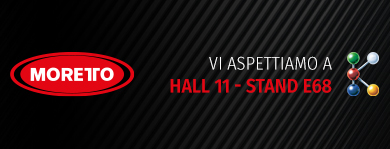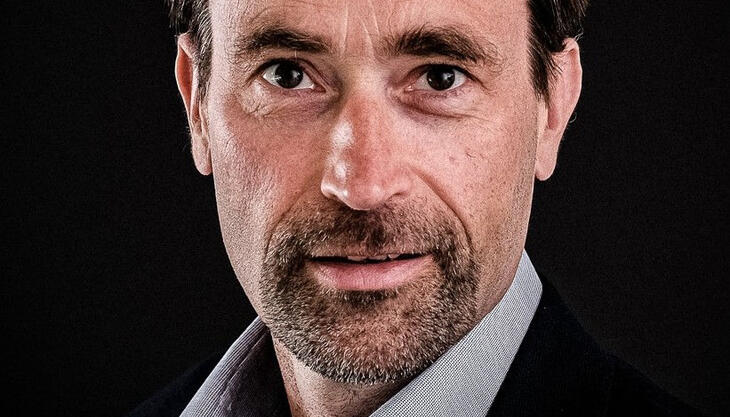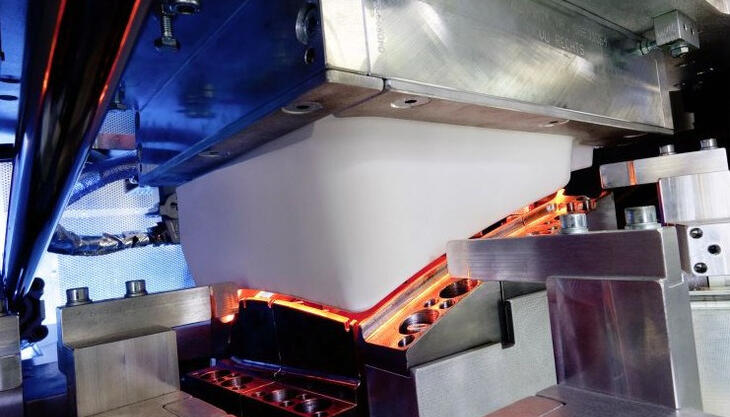The North American converted flexible packaging market accounts for approaching 30% of global consumption with an annual spend of 20.7 billion dollars in 2013, reveals a recent report from PCI Films Consulting. Approaching 90% of sales in the region are concentrated in the US, with Canada and Mexico accounting for 7% and 5% respectively.
After slowing in 2012 due to the economic downturn, demand for converted flexible packaging recovered to grow by around 4% by value in the US and Canada in 2013. However, the Mexican flexible packaging market slowed markedly during the year to around 1.5% due to uncertainties following the change of government and slowing GDP growth. Weakening margins and other competitive pressures caused significant rationalization and restructuring in the region with many plant closures and divestments, especially amongst the leading players.
The report notes that industry consolidation continues to be an important factor in driving change in this very fragmented industry with private equity firms continuing to play a key role. Important private equity deals in 2013 have included Constantia Flexibles' acquisition of Globalpack, both portfolio investments of One Equity Partners, and Constantia's subsequent purchase of the US-based Spear labelling group. Also, private equity firm Sun Capital brought together its Exopack Holdings business in North America and four of its packaging portfolio businesses in Europe to form Coveris Exopack Holdings.
For the future, converted flexible packaging growth in North America is forecast to average around 4% per annum to reach over 25 billion dollars by 2018 with growth in Mexico expected to bounce back to grow at US and Canadian levels over the period. Per capita consumption of flexible packaging in Mexico is less than one-fifth of the US figure, illustrating its potential for future growth. The North American Free Trade Agreement (NAFTA) also continues help drive demand in Mexico, with many US packaged food companies manufacturing in Mexico for the US market to take advantage of lower labour rates.
Commenting on the report, PCI consultant Paul Gaster says: "While the economic slowdown adversely impacted the flexible packaging industry's profitability, volume growth has continued to be sustained by servicing primarily defensive markets such as food, pharmaceuticals and pet food. Also, as packaging technologies have evolved, flexible packaging is becoming a viable alternative to rigid formats in a growing number of applications, with the stand-up pouch enjoying strong volume growth".
























